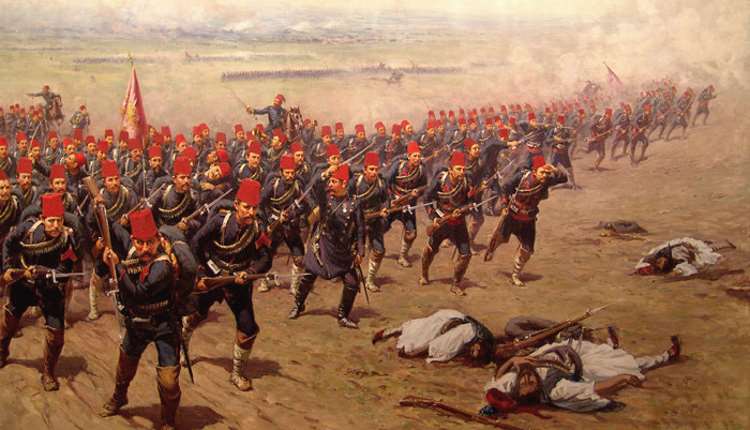Can Jihad be waged without a state?
I have a question about Jihad in Islam. I read somewhere that there is no Jihad without the State and also read in a newspaper that according to a well known Islamic Scholar, the Kashmiri Jihad is not compulsory on Muslims. And if there is no jihad without the state then should we call it ‘Jihad’ or a ‘struggle movement for independence’? Would you please explain this?
Answer
If you look at the arguments given by the scholar whose point of view you have referred to, there are a few arguments he presents. What he says can be essentially summed up in the following points:
1) Just as punishments of amputation of hands and flogging despite being unmistakable injunctions of the Quran cannot be implemented by individuals, similarly Jihad cannot be done by people on their own. In both cases, an Islamic State is a precondition. However, while people are willing to accept the condition of the State for the implementation of punishment, they are not willing to accept the condition for the purpose of Jihad. What he says is that if the leader of the Jihad movement cannot be given the right to enforce Islamic punishments on his soldiers on committing crimes, how can he be allowed to lead them to fight and risk their lives?
2) The scholar also claims that the understanding that an Islamic State with an Amir is a necessary condition for doing jihad is an understanding which almost all earlier scholars agreed to. This is so because it was realized by the scholars that the permission to do Jihad, like in the case of punishments, was given to the prophet, Allah’s mercy be on him, and his companions only after he had migrated to Madina where he was able to create an Islamic State. It is only in the recent times that there has emerged a tendency amongst religious leaders to lead people in Jihad without the power of the State.
3) If the condition of Islamic state is not recognised and it is conceded that any well-meaning Muslim leader can declare Jihad against the enemies, then there is a potential danger of the creation of conditions of utter chaos and bloodshed in the name of Jihad. One religious group may consider another as worthy of being fought against. In fact, many of such groups have sometimes shown the tendency of doing ‘Jihad’ against fellow Muslim groups as well, because they don’t consider those others as Muslims. Most of the killings in the Sunni-Shia disputes take place in the name of Jihad. This tendency has not only led to unnecessary bloodshed, it has also badly damaged the good name of Islam, because many people blame Islam for whatever is going on in the name of Jihad.
I find all these arguments of the scholar convincing and worthy of our attention. I therefore am inclined to believe that even if Muslims of the present times are being subjected to difficulties by non-Muslims, they should endure them patiently and continue to live as good Muslims. This attitude is likely to bring many non-Muslims closer to Islam. If matters go beyond limits, they should either migrate to an Islamic State or urge that state to declare Jihad against the tyrant rulers who are causing hardship for Muslims. However, under no circumstances should stray groups of Muslims resort to armed struggle for independence. They can, however, defend themselves with arms if attacked by the enemy.

